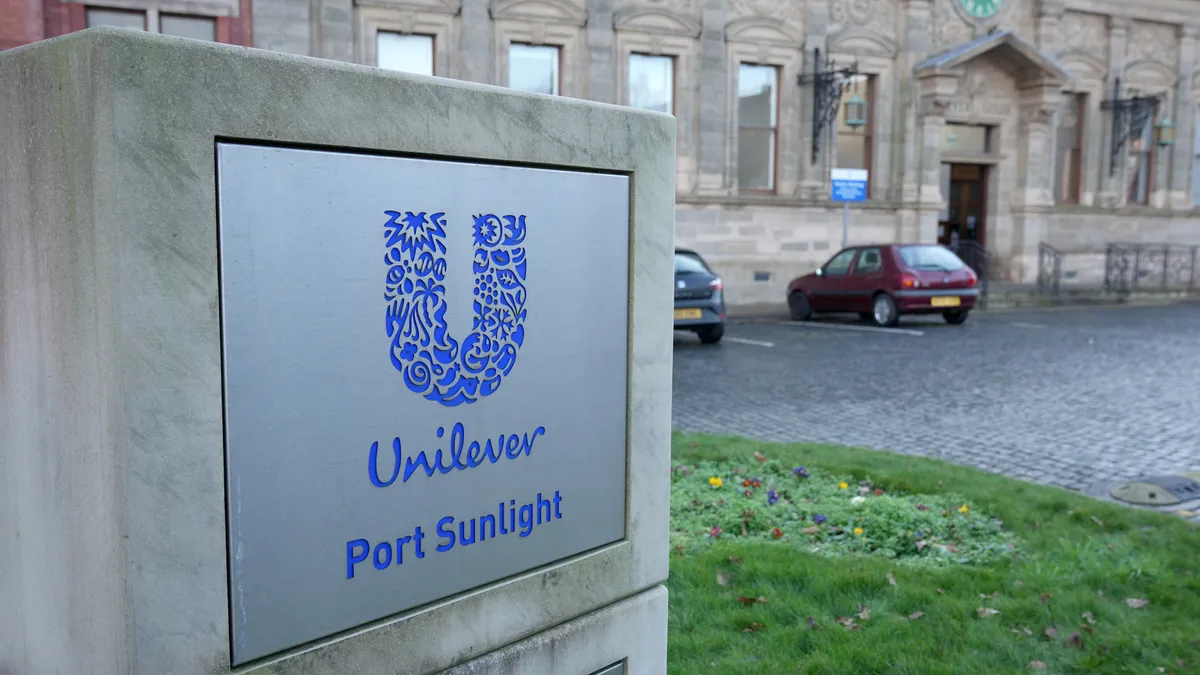Dive Brief:
- Accenture will help Unilever accelerate and scale generative AI solutions, the two companies announced Tuesday.
- The partnership will give Unilever access to several of the IT firm’s proprietary tools, including its AI Navigator platform and its newly deployed AI switchboard service for customizing LLMs and flexing between various models.
- Earlier this year, Accenture helped the consumer goods giant launch a custom Google Workspace app for its more than 53,000 factory-based associates and, in April, Unilever completed an 18-month migration to Azure guided by the IT services firm.
Dive Insight:
Over the past two years, Unilever has been on a mission to consolidate and grow its technology infrastructure, first through cloud adoption and now in the generative AI space.
The consumer packaged goods company opened an AI research and development facility, Horizon3 Labs, in Toronto last month. The hub embeds academic researchers with industry experts and technology partners, the announcement said.
As companies look for practical applications of generative AI technology, they are turning to cloud providers for pre-trained models, data and scalability.
Accenture is banking on easing the adoption process.
The IT services company invested $3 billion in developing enterprise-grade generative AI in June and aimed to double its number of skilled data and AI practitioners.
“We are also rapidly taking an early leadership position in gen AI, which will be an important part of the reinvention of our clients in the next decade,” Chair and CEO Julie Sweet said during an October Q4 2023 earnings call.
But Unilever has confronted some harsh realities in its modernization journey, the company’s CEO Hein Schumacher said in October, during a Q3 2023 earnings call.
Schumacher rose to CEO at the start of the year and elevated North America CIO and VP of analytics and business solutions Alessandro Ventura to global VP of technology transformation in July.
“We have outstanding science and technology capabilities, yet I see them dissipated across too many small projects not leveraged sufficiently across big multi-category platforms,” Schumacher said during the earnings call.
“We're also behind our best peers when it comes both to the size and time horizon of our innovation programs,” Schumacher added.
In addition to boosting capital expenditures to create “leading-edge manufacturing, distribution and technology assets,” Schumacher pledged to make better use of the company’s science and tech platforms during the call.
The company launched a hybrid engineering platform — DataLab Ecosystem — last month to help spur innovation through digital models, simulations and advanced analytics, Alberto Prado, global head of research and development, digital and partnerships, said in the announcement.












